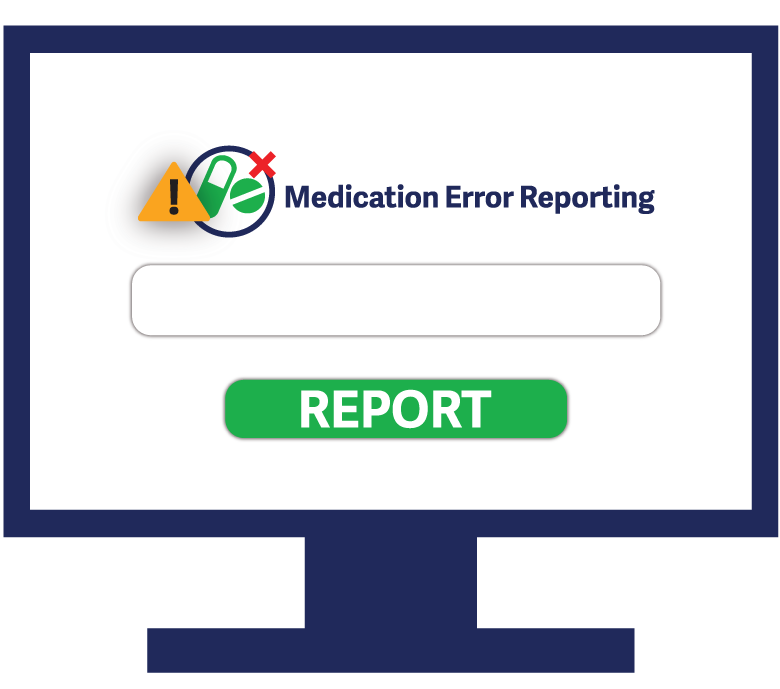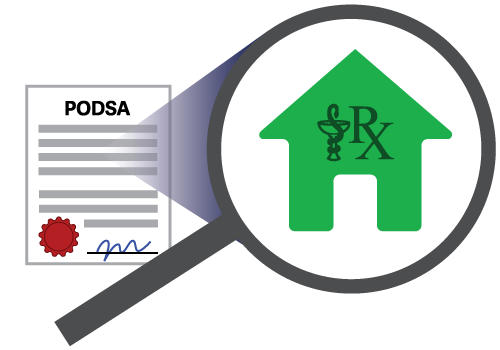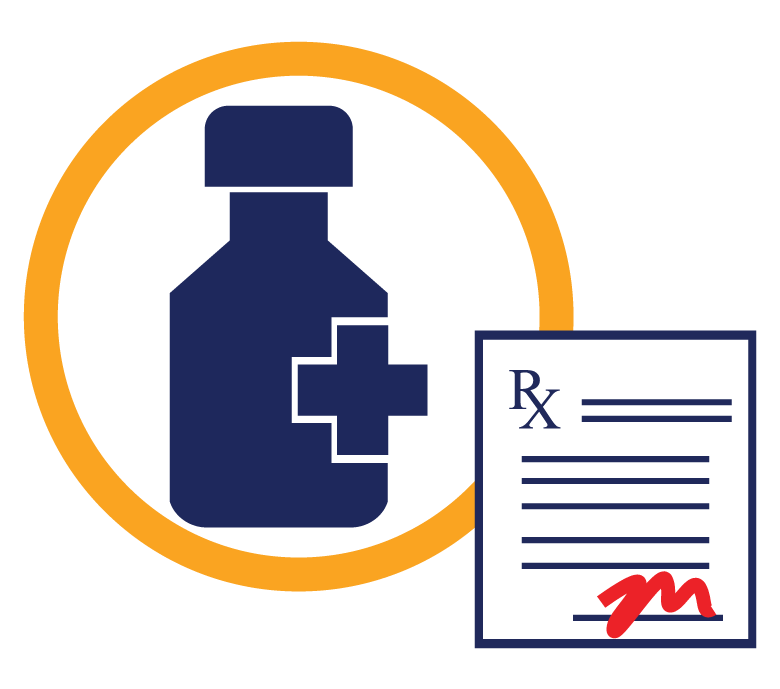We develop and amend our bylaws, policies and practice standards to protect public safety. We also consider, develop and recommend changes to pharmacy practice that are needed to increase public safety and improve patient outcomes.
The College applies best practices for developing regulatory requirements such as the concept of Right Touch Regulation. Right Touch Regulation means always asking what risk we are trying to regulate, being proportionate and targeted in regulating that risk or finding ways other than regulation to promote good practice and high-quality healthcare.
Mandatory Medication Incident Reporting
At its September 2019 meeting, the College Board approved a motion requiring mandatory anonymous medication incident reporting in all pharmacies.
Over the next several years, the College will work to develop standards and criteria, as well as bylaw and policy changes to enable implementation of a mandatory anonymous Medication Incident Reporting Program by 2022/2023.
Patient Relations Program Standard
At it’s February 2019 meeting, the College Board approved a new Patient Relations Program Standard to be included under Schedule “A” – Code of Ethics of the Health Professions Act Bylaws.
The Patient Relations Program Standard helps to protect public safety by providing clearer standards and requirements for dealing with misconduct of a sexual nature.
The Standard provides guidances to pharmacy professionals on maintaining proper professional boundaries with patients and former patients, and preventing professional misconduct of a sexual nature. It also raises pharmacy professionals’ awareness of their responsibility to educate themselves on professional ethics.
Modernizing our Bylaws Under the Pharmacy Operations and Drug Scheduling Act
Amendments to modernize the College’s bylaws under the Pharmacy Operations and Drug Scheduling Act (PODSA) came into effect on January 16, 2020.
The College Board approved these amendments at its November 2019 meeting, as part of the Legislative Standards & Modernization Goal within the College’s 2017/18 – 2019/20 Strategic Plan.
This PODSA Modernization Project was split into two phases. Phase One involved amendments to the PODSA Bylaws relating to pharmacy ownership requirements and came into effect on April 1, 2018.
The following key bylaw topics were addressed in the Phase Two PODSA Bylaw amendments:
- Operation of a community pharmacy without a full pharmacist,
- Responsibilities of managers, direct owners, directors, officers and shareholders,
- Storage of drugs and confidential health information, including offsite storage,
- Developing provisions to allow for community telepharmacy reinstatement,
- Bylaws that are not being complied with based on data from the Practice Review Program,
- Reviewing PharmaNet requirements in light of the transition of administration of PharmaNet functions to the Ministry of Health, and
- House-keeping amendments, including ensuring consistency of writing style.
New Safety Measures for Codeine Liquid Preparations
As of January 2, 2020, amendments to the Drug Schedules Regulation (DSR) under the Pharmacy Operations and Drug Scheduling Act (PODSA), moving certain Schedule I codeine containing liquid preparations to Schedule IA, are in effect.
This means that prescriptions for certain codeine containing liquid preparations will now require a Controlled Prescription Program duplicate prescription form.
Additionally, as with all Controlled Prescription Program drugs, these preparations must also be stored in a time delay safe.
Rescheduling the codeine containing liquid preparations listed below to Schedule 1A will improve oversight of these drugs, increase barriers to their access, and help to address public safety concerns, such as:
- Addiction and non-medical use of these drugs,
- Prescription forgeries for these drugs, and
- Pharmacy robberies and thefts targeting these drugs.
Amendments to Controlled Prescription Program Forms
At it’s February meeting, the College Board approved amendments to the Controlled Prescription Program (CPP) forms to create a harmonized form.
The Controlled Prescription Program is a duplicate prescription program created to prevent forgeries and reduce inappropriate prescribing of drugs listed in Schedule 1A. Prescriptions for drugs specified in the CPP must be written on a duplicate form specifically developed for this purpose.
The benefits of having a harmonized CPP form include:
- A consistent approach to writing prescriptions for all 1A drugs;
- Increased patient access to OAT therapy, as all physicians will have the form (currently only OAT prescribers have the methadone CPP form); and,
- Reduce the administrative burden associated with ordering/printing of two pads for 1A drugs.





